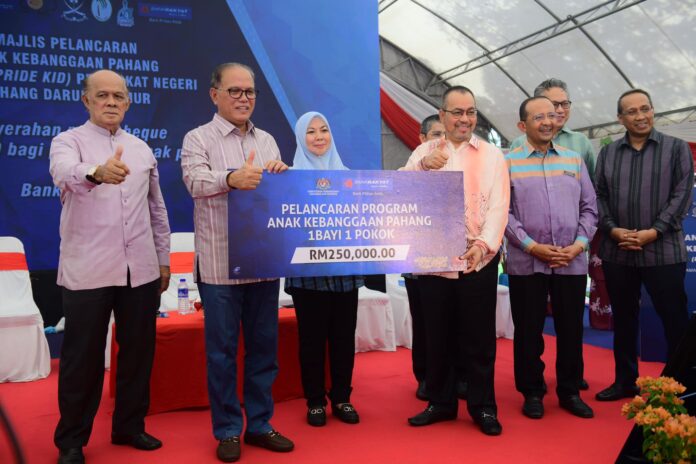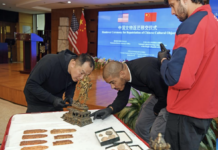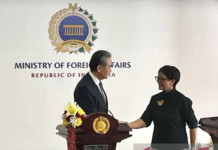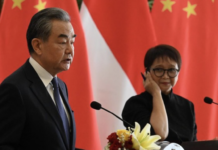KUANTAN, June 2 — The Pahang Pride Kid incentive for each baby born in the state will be increased from RM200 to RM300 beginning next year as an initiative by the state government to increase the population in the state.
Pahang Menteri Besar Datuk Seri Wan Rosdy Wan Ismail said although Pahang is the biggest state in Peninsula Malaysia, its population of only 1.67 million is still low compared to the other states.
“In 2021, 25,000 babies only were born (in Pahang), and we hope that this number will increase this year. Compared to the numbers currently, the rate is still low … so for this purpose and taking into account the good financial position of the state, we have agreed to increase the incentive.
“The incentive will be given out automatically based on birth data obtained from the state Health Department as we want to cut bureaucratic red tape,” he said at a press conference after the launch of the Pahang Pride Kid programme in Taman Bandar here today.
According to Wan Rosdy, the incentive is for all babies born in Pahang regardless of which states the parents are from.
However, based on conditions that were announced earlier, parents have to be Malaysian citizens and babies should be those born on or after Jan 1, 2022.
The Pahang Pride Kid incentive was announced for the first time at the presentation of the Pahang 2022 Budget in December, with the state government allocating RM5 million to benefit 25,000 babies.
Besides the RM200 incentive for babies born this year, Wan Rosdy said the state government has also implemented the ‘one baby, one tree’ programme as a symbolic gesture to celebrate the births as well as an added value to the Pahang government’s efforts to preserve the environment.
The tree-planting programme was undertaken in collaboration with the Pahang Forestry Department, which provided saplings and planting areas while Bank Rakyat contributed RM250,000 for the purchase of the saplings involved.
“The selection of plants is based on suitability as well as advice from the department such as ‘pokok ru’ (casuarina trees) in Pekan district as this location is in coastal areas,” he added.



















